
Foamy Urine: Why You Have Bubbles in Your Pee and When to Worry
Foamy Urine: Why You Have Bubbles in Your Pee and When to Worry
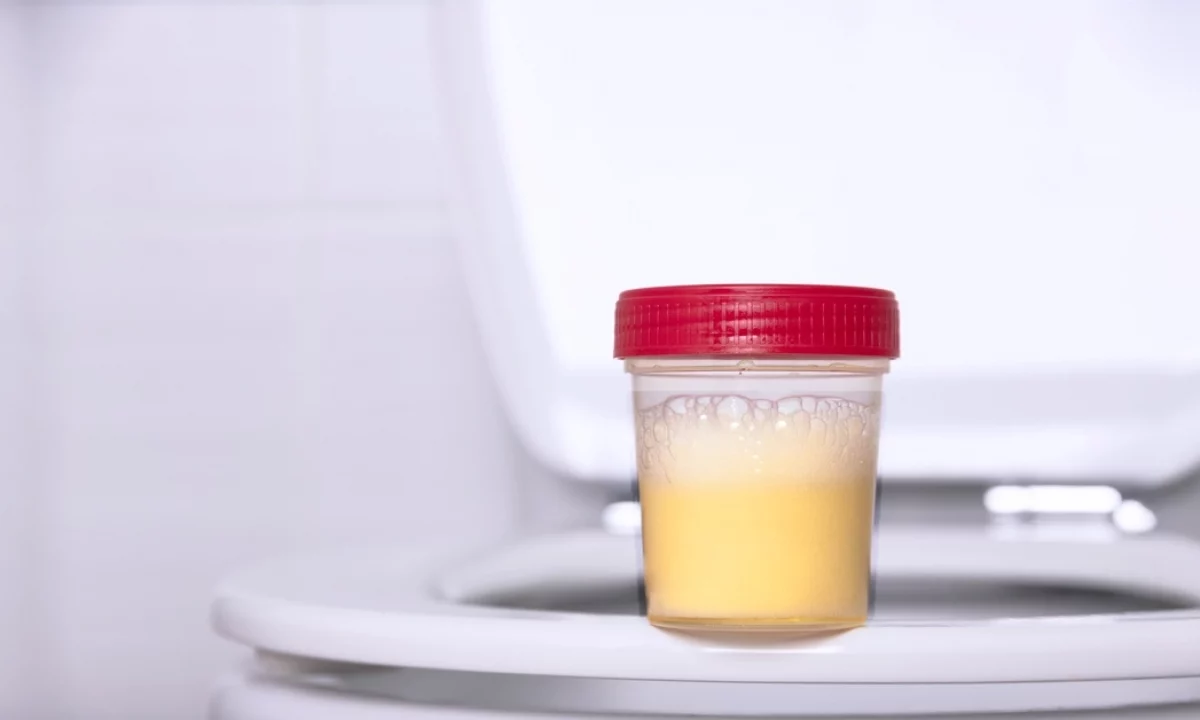
Seeing bubbles in your urine occasionally is usually nothing to worry about. Several factors can make your pee look foamy, such as a full bladder causing urine to hit the water quickly, or a reaction to cleaning chemicals in the toilet.
However, if you consistently notice persistent foamy urine, it could signal an underlying health issue. The bubbles might be caused by too much protein in your urine, or it could be related to dehydration, stress, diabetes, or even cardiovascular disease.
Generally, foamy urine is a temporary occurrence. But if your urine remains foamy despite adequate fluid intake, it's wise to consult your doctor. This article will explore the various reasons for foamy urine, detailing common causes and when to seek medical advice.
Common, Non-Serious Reasons for Foamy Urine
Let's first look at the everyday reasons for foamy urine that aren't linked to serious health problems. In these instances, the foam in your urine should clear up quickly and only happen occasionally.
-
Rapid Urination: One of the most common reasons urine foams in the toilet bowl is the speed at which it's released. Dr. Erik Castle from the Mayo Clinic notes that the force of urine, especially from a full bladder, can cause a foam-like reaction in the water.
-
Chemical Reaction: Residue from toilet cleaning products can react with the natural substances in your urine, like salts, urea, nitrogen, and hydrogen, causing bubbles and foam.
-
Dehydration: When you're dehydrated, your urine becomes more concentrated with chemicals, leading to a bubbly appearance. Proper hydration is essential for your body to eliminate toxins and maintain organ function. Healthy urine should be very pale, and dark yellow urine is a common sign of dehydration, indicating you should drink more water.
-
Stress: Psychological or emotional stress can disrupt your hormonal balance and alter the amount of protein in your urine. Studies have shown that prolonged mental stress or anxiety can lead to more albumin protein in urine, causing it to foam. Managing stress can help reduce this symptom.
-
Pregnancy: Pregnant individuals might frequently notice foamy urine. While common factors like a full bladder, stress, and dehydration can contribute, foamy urine during pregnancy could also be a sign of preeclampsia. Preeclampsia is characterized by excess protein in urine (proteinuria) and high blood pressure, often accompanied by swelling in the face and hands. Preeclampsia is typically monitored during prenatal visits, but severe headaches, abdominal pains, or shortness of breath warrant immediate medical attention.

Health Conditions That Can Cause Persistent Foamy Urine
Frequent, bubbly urine can also be a sign of a more serious underlying health condition. A simple urine test can often help identify the cause.
-
Too Much Protein (Proteinuria): Normally, urine contains very little to no protein. If your kidneys aren't functioning properly, they might allow too much protein to leak into your urine, a condition called proteinuria. Foamy urine is a key sign of abnormally high protein levels, often accompanied by swelling in the hands and feet. Proteinuria can be an early indicator of kidney disease.
-
Diabetes: High blood glucose levels due to diabetes can damage your kidneys over time. This damage can cause protein to leak into your urine, leading to foamy bubbles. This kidney damage, known as diabetic kidney disease, can result in scarring.
-
Urinary Tract Infections (UTIs): If you experience a burning sensation while peeing and your urine looks foamy, it could indicate a UTI. UTIs occur when bacteria enter the urinary tract, causing infection. This can lead to dark, foul-smelling urine and often causes excess protein in urine, resulting in frothy pee. UTIs should be treated promptly; drink plenty of water, and see a doctor if symptoms persist after two days.
-
Cardiovascular Disease: Consistently foamy urine, even when you're well-hydrated, might be a sign of cardiovascular disease. Patients with excess protein in their urine (proteinuria) are at a higher risk of stroke, high blood pressure, heart disease, and heart failure. For instance, studies show that individuals with hypertension and proteinuria have a significantly increased risk of heart disease.
When to See a Doctor for Foamy Urine
It's normal to have foamy urine occasionally, and usually, there's no cause for concern. If you notice your urine is frequently foamy and not a pale color, try increasing your fluid intake.
However, if your urine continues to look foamy despite drinking enough water, you should consult your doctor. A simple urine test can check protein levels and other substances in your urine, helping your doctor diagnose the cause and recommend the best course of treatment.
News in the same category


Bloated Stomach: 8 Common Reasons and How to Treat Them (Evidence-Based)

What Causes Belly Fat: Foods to Avoid and Other Key Factors

Notice These 4 Unusual Signs Before Sleep? Be Careful – They May Signal a Risk of Stroke
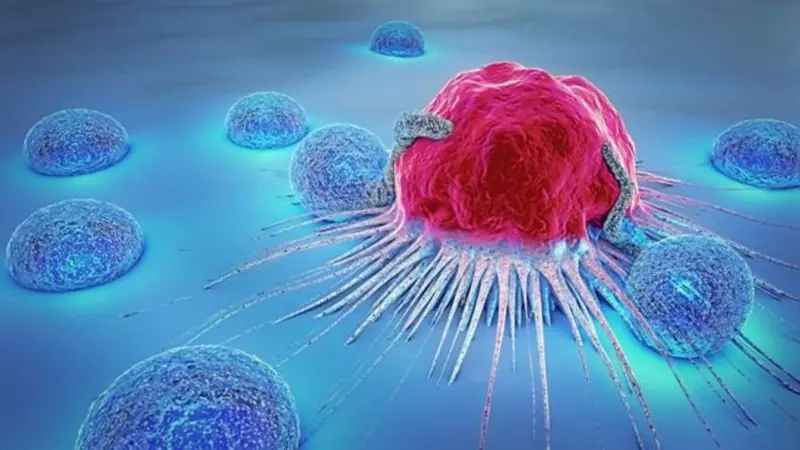
5-Year-Old Girl Diagnosed With Terminal Cancer: A Wake-Up Call for All Parents
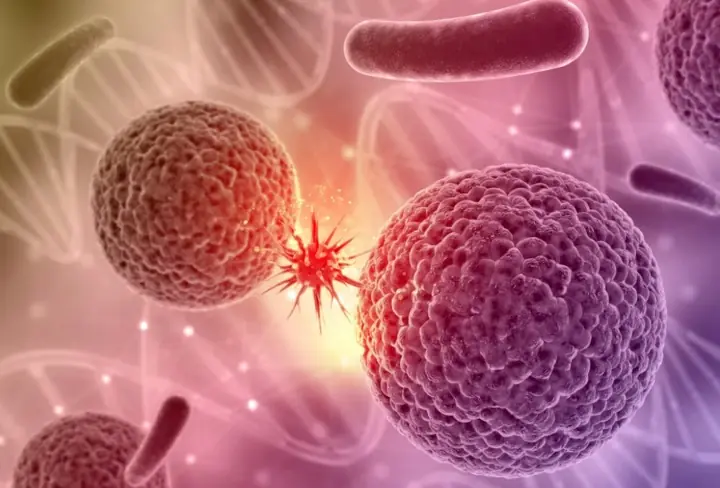
Good News: Successful Trial of Method That Destroys 99% of Cancer Cells
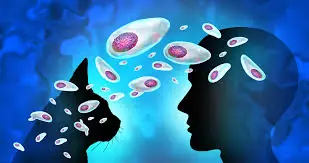
Terrifying Study: Up to 30% of Americans Could Be Infected with Brain-Impacting Parasite

Itching in 9 Areas: A Warning Sign of Malignant Tumors, Number 7 Is the Most Common

Doctor's "Deeply Concerning" Warning After Man Injects Sperm to 'Cure Back Pain'
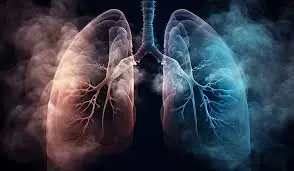
Non-Smoker Diagnosed with Lung Cancer Shares His Only 'Silent' Symptom
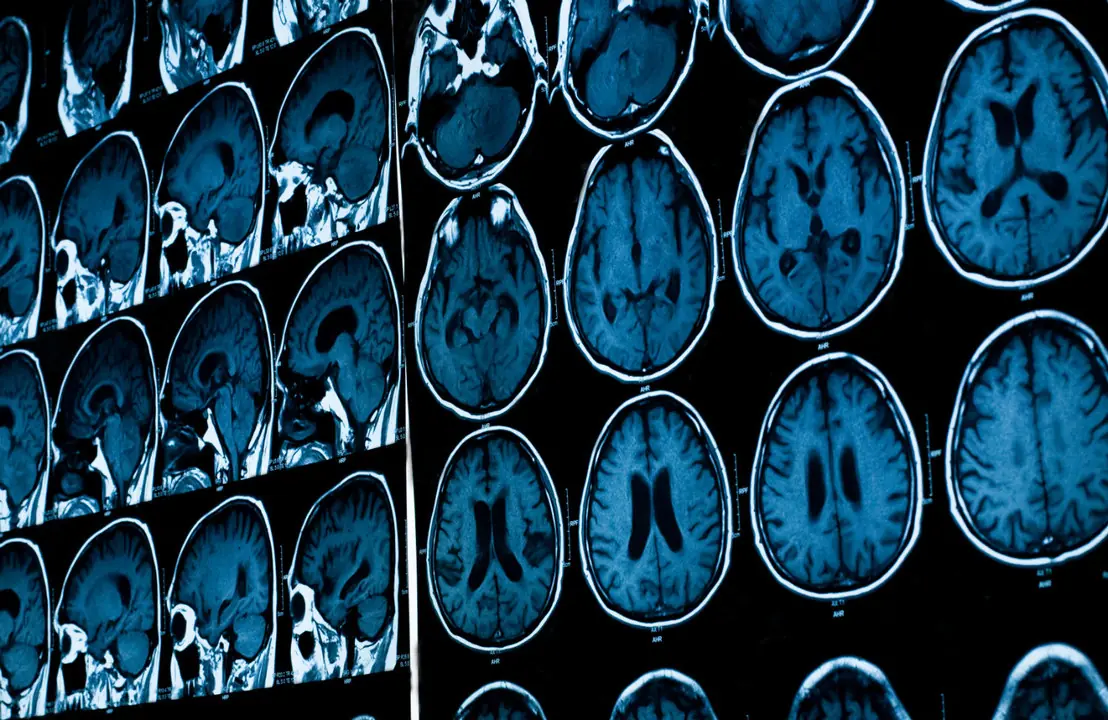
Alarming Discovery: High Aluminum Levels Found in Brains with Alzheimer's, Autism, and MS

First Human Trial Launched for Stem Cell Therapy to Reverse Spinal Cord Injuries
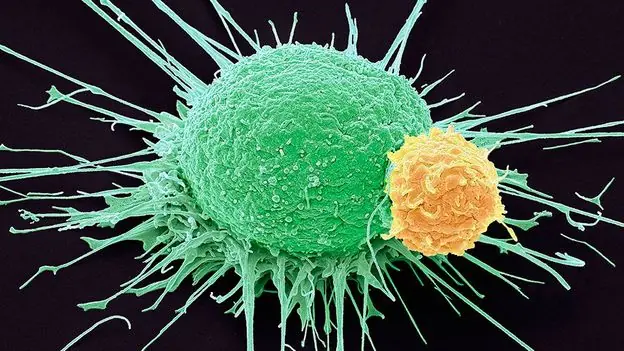
From Despair to Hope: Joe Tippens' Incredible Cancer Recovery Story with Fenbendazole

100-Year-Old Doctor Reveals: 7 Daily Habits to Help You Live a Healthy Life
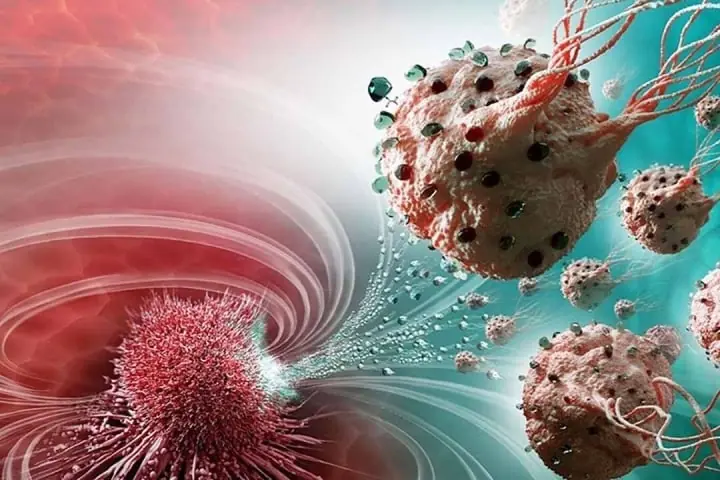
Diagnosed with Terminal Cancer, Preparing for the End – A Man’s Miraculous Survival Thanks to 3 Major Life Changes
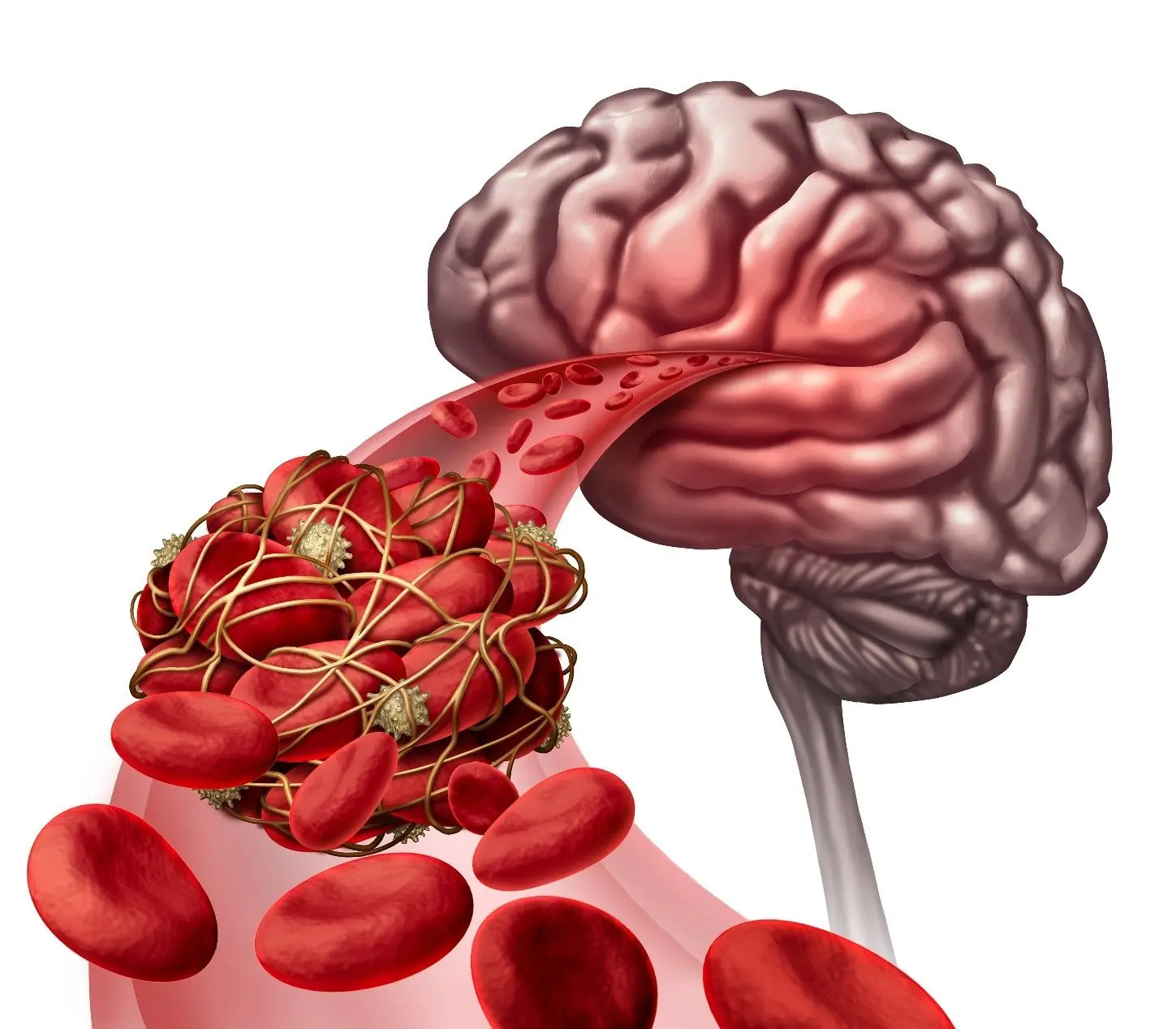
Warning signs of stroke 30 minutes before – remember them to save your life and your loved ones

Your Body's Silent Alarms: 9 Subtle Signals of a Heart Attack, Up to a Month Before It Strikes

31 Foods Experts Say You Should Avoid (Or Severely Limit)

Heart Surgeon Warns: 4 Foods and Drinks You Should "Always Avoid" to Protect Your Body
News Post

Banana Blossom: The Natural Medicine Everyone Overlooks

Scientists Warn: Most Infectious Covid Strain Yet Is Now Dominating

Say Goodbye to Anemia, Cleanse Fatty Liver, and Restore Vision in Just 7 Days With This Powerful Natural Remedy

Bloated Stomach: 8 Common Reasons and How to Treat Them (Evidence-Based)

What Causes Belly Fat: Foods to Avoid and Other Key Factors

Notice These 4 Unusual Signs Before Sleep? Be Careful – They May Signal a Risk of Stroke

5-Year-Old Girl Diagnosed With Terminal Cancer: A Wake-Up Call for All Parents

Good News: Successful Trial of Method That Destroys 99% of Cancer Cells

New interstellar comet 3I/ATLAS is hurtling through the solar system — and you can watch it live online today

HealthScientists Detect Microplastics In Reproductive Fluids—Potential Infertility Risk

Ancient Inscriptions Inside Great Pyramid Rewrite History Of Its Builders

Once ‘Dead’ Thrusters On The Farthest Spacecraft From Earth That’s 16 Billion Miles Away Are Working Again

OpenAI’s Top Al Model Ignores Explicit Shutdown Orders, Actively Rewrites Scripts to Keep Running

Google Earth Unveils Shocking 37-Year Transformation Of Our Planet

Marine Animal Shows Are Officially Banned in Mexico After Historic Legislative Vote

Denmark Pays Students $1,000 Monthly to Attend University, With No Tution Fees

Protect Your Home and Wallet: Unplug These 5 Appliances When You’re Done Using Them

Some People Still Think These Two Buttons Are Only For Flushing
